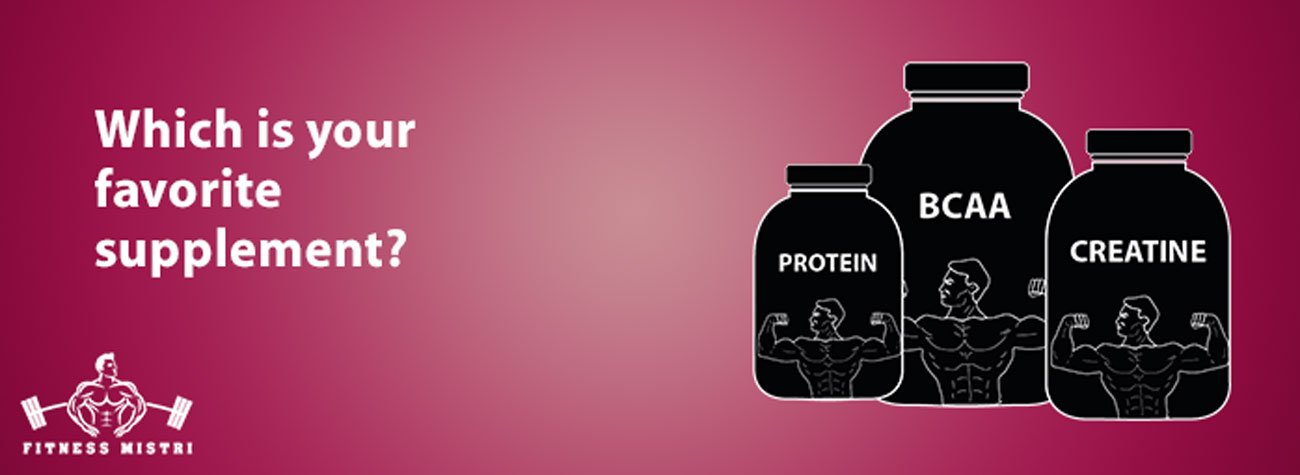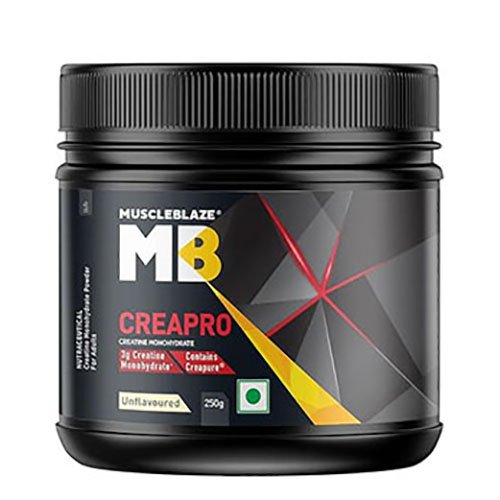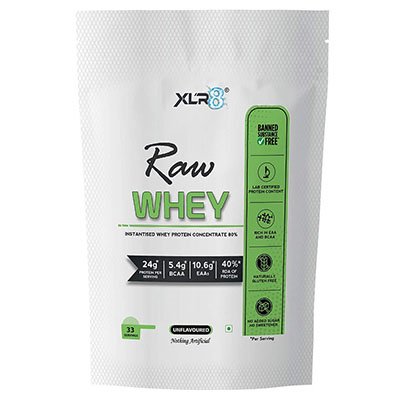Supplements are a great and low-cost solution that improves the lives of children, man and women. The practice of taking supplements in addition to nutrients obtained from food. Dietary supplements are products that contain vitamins, minerals, herbs, amino acids, or other substances to supplement the diet. They come in various forms, including tablets, capsules, powders, liquids, and more. Here are some things to consider when it comes to dietary supplementation:
Nutritional Deficiencies:
Supplements can be useful for filling nutrient gaps when it's difficult to obtain sufficient nutrients from food alone. Certain vitamins and minerals might be lacking in your diet due to various reasons, such as dietary restrictions or limited food choices.
Specific Health Conditions:
Some individuals with certain health conditions or life stages might need extra nutrients. For example, pregnant women might require folic acid and iron supplements, and individuals with osteoporosis might benefit from calcium and vitamin D supplements.
Athletes and Active Individuals:
People who engage in intense physical activity might have higher nutrient needs. Some athletes use supplements to support their performance and recovery.
Vitamin Deficiencies:
Supplements can be prescribed by healthcare professionals to address specific vitamin deficiencies diagnosed through blood tests.
Herbal Supplements:
Herbal supplements are derived from plants and are often used for various health purposes. However, their effectiveness and safety can vary, and it's important to do thorough research or consult a healthcare professional before using them.
Risks and Safety:
While supplements can provide benefits, excessive use or improper supplementation can be harmful. Some nutrients, when taken in excess, can lead to health issues. Additionally, supplements can interact with medications or have adverse effects in certain individuals.
Whole Foods vs. Supplements:
Whole foods provide a wide range of nutrients in a natural package, along with fiber and other beneficial compounds. It's generally recommended to prioritize obtaining nutrients from whole foods rather than relying solely on supplements.
Consult a Professional:
Before starting any supplementation regimen, it's wise to consult a healthcare provider or registered dietitian. They can assess your individual needs, recommend appropriate supplements if necessary, and help you avoid potential risks.
Remember that a balanced diet rich in a variety of nutrient-dense foods is the foundation of good health. While supplements can be helpful in certain situations, they should not be a replacement for a healthy eating pattern. It's important to make informed decisions about supplementation based on your individual health status and needs.
Types of Dietary Supplements:
Vitamins and Minerals:
These supplements provide essential vitamins (like vitamin C, vitamin D, and B vitamins) and minerals (such as calcium, magnesium, and iron) that support various bodily functions and overall health.
Herbal Supplements:
These are derived from plants or botanical sources and may include extracts like ginseng, echinacea, or turmeric. Herbal supplements are often used for specific health purposes based on traditional practices.
Amino Acids:
Amino acid supplements can provide individual amino acids (the building blocks of proteins) that are important for muscle repair, metabolism, and other physiological processes.
Omega-3 Fatty Acids:
These supplements, usually derived from fish oil or algae, are rich in omega-3 fatty acids (such as EPA and DHA) that support heart health, brain function, and inflammation control.
Probiotics:
Probiotic supplements contain beneficial bacteria that support gut health and digestion. They may help maintain a healthy balance of gut flora and support immune function.
Enzymes:
Digestive enzyme supplements can aid in the digestion of specific nutrients, especially for individuals with digestive disorders or enzyme deficiencies.





